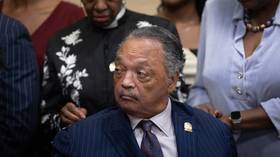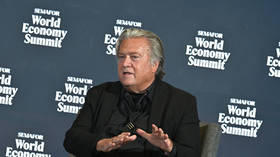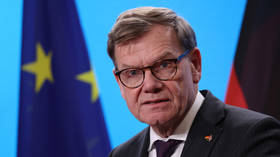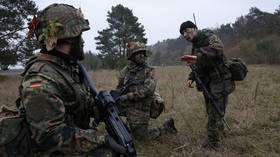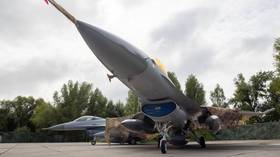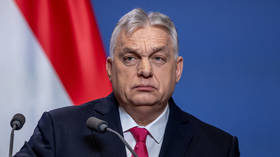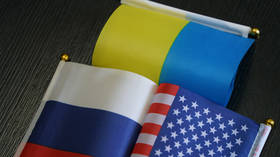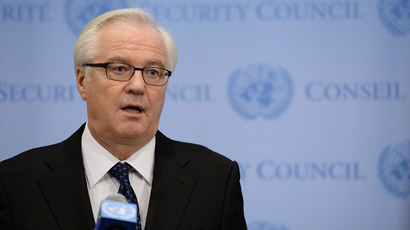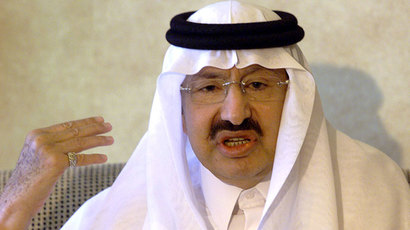Russia did not ‘block’ Syria draft statement at UN – Foreign Ministry
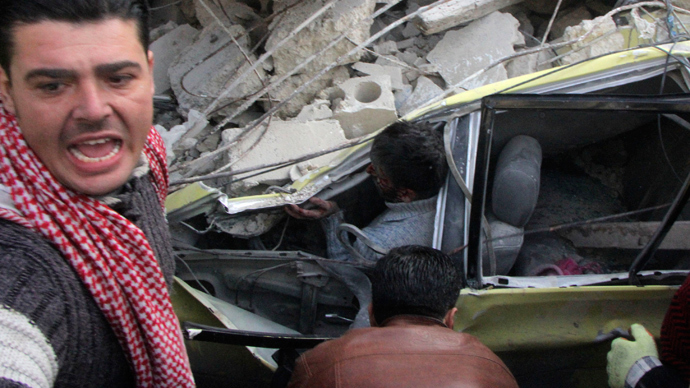
The UN Security Council failed Thursday to adopt a statement on the recent civilian deaths in Syria. The US-proposed draft had condemned Damascus for indiscriminate attacks on Aleppo, but the Americans would not accept Russia’s balancing amendments.
The failure to settle differences and come up with a statement was described by some American diplomats as Russia “blocking” a statement that condemned violence.
"We are very disappointed that a Security Council statement expressing our collective outrage at the brutal and indiscriminate tactics employed by the Syrian regime against civilians has been blocked," Reuters reported Kurtis Cooper, a spokesman for the US mission to the UN, as saying.
The draft statement would express "deep concern at the escalating level of violence in the Syrian conflict and condemned all violence by all parties" and "outrage" at Syrian government airstrikes that the text said killed over 100 people, including many children, Cooper said.
While Cooper did not directly blame Russia for the “blocking,” several other diplomats, speaking on condition of anonymity, said Moscow was the intended target of the comments.
The Russian Foreign Ministry has rejected the Western narrative in an official statement, saying that the draft statement proposed by the US did not have “a single word about mentioning the crimes committed by the armed opposition groups, including the use of civilians as ‘human shields’ in order to defend occupied settlements, attack medical institutions and infrastructure facilities.”
The statement said that the facts on the ground were ignored in the draft which was based only “on mass media reports and anonymous ’human rights activists’,” while noting that the amendments proposed by Russia were flatly rejected. The “genuine circumstances of the incident” were unclear with no proper investigation conducted.
“Russia's delegation made constructive amendments to the document's text in order to make it more balanced. They were rejected,” the ministry said.
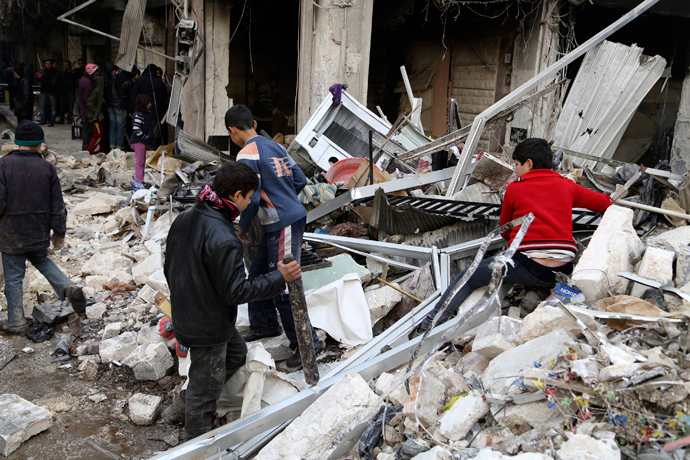
Russia has long maintained the position that the government of Syrian President Bashar Assad cannot be solely blamed for the ongoing violence in Syria. Moscow insists that any UN Security Council document condemning Damascus would also mention the violence on the part of opposition forces.
Western members of the security body tend to put the majority of the blame on the Assad forces. The draft statement rejected Thursday was focusing on the use of air force and artillery by the Syrian army.
The outrage was directed at the recent bombings in and around the city of Aleppo. The death toll there may be as high as 189, according to an estimate of the Doctors Without Borders group.
The Syrian opposition is far from being blameless in the conflict, Russia argues. Various rebel groups are regularly engaged in suicide bombings, kidnappings, torture and mass execution of civilians, among other crimes.
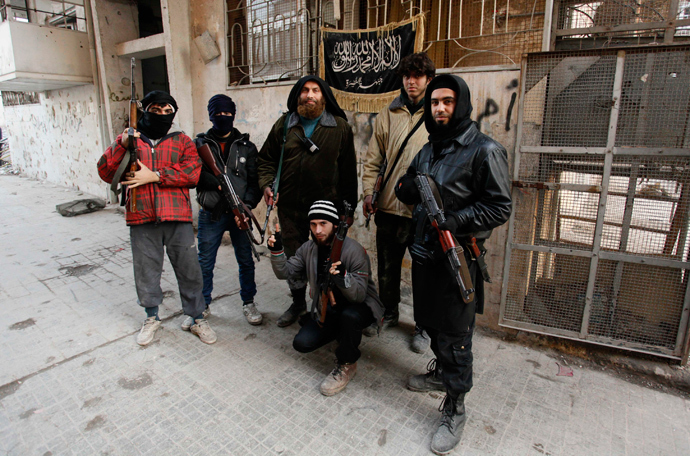
The UN deadlock comes as the international community is putting its hopes in the Geneva-2 peace conference, scheduled for January 22, aimed at stopping the Syrian conflict. The meeting would gather Syrian government and opposition, plus nations in the region with an invested interest in ending the Syrian war and leading world powers.
The UN Security Council has been criticized by some countries, including the major sponsor of the Syrian opposition, Saudi Arabia, over its failure to mandate a military intervention into the conflict.
But a rare breakthrough was achieved in October, when the Security Council approved a Russia-brokered deal, under which Damascus agreed to dismantle its arsenal of chemical weapons.
The deal came after Washington threatened military action against the Assad government over alleged cases of use of chemical weapons by the Syrian army. An international probe into several such cases confirmed that the toxic sarin gas was used on several occasions, but failed to identify the perpetrators.


